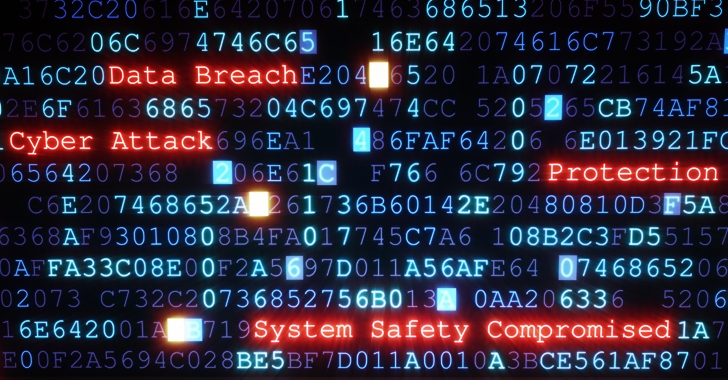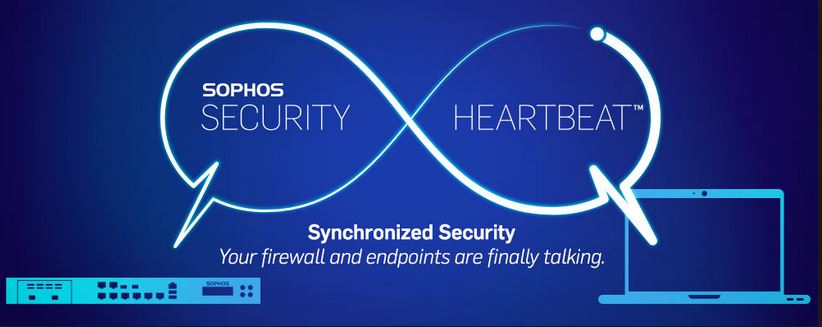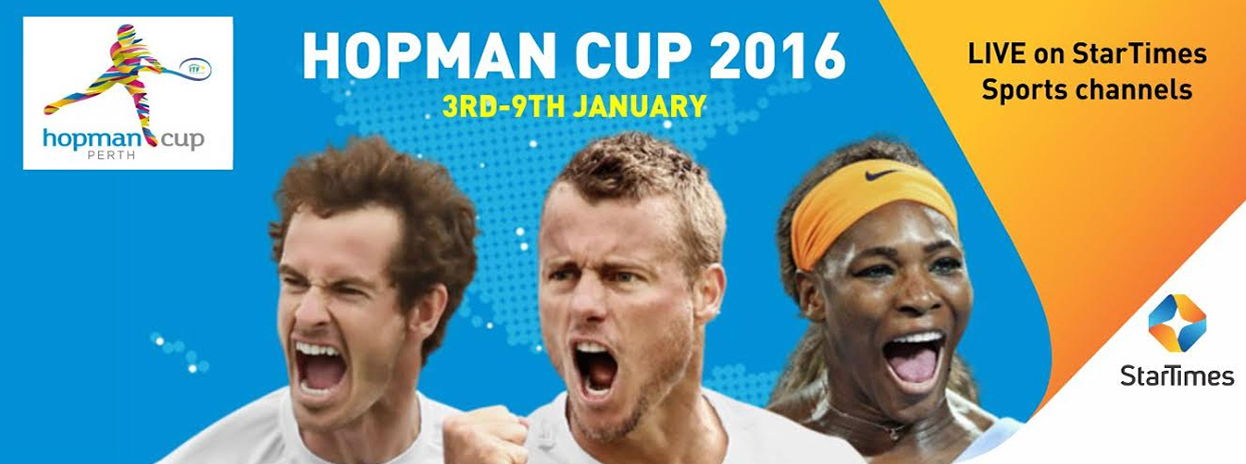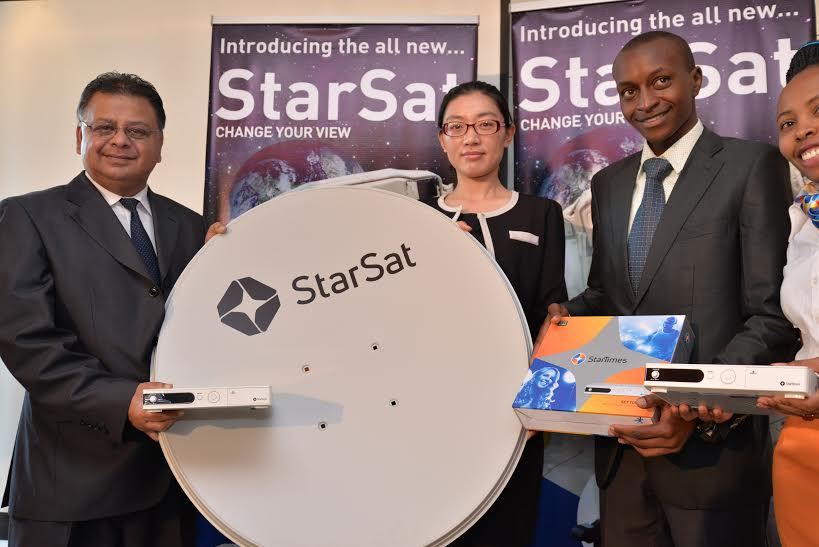
Companies around the World are constantly changing the way they do business, even to the point of re-inventing themselves so that they can keep doing what they have always done – which is selling goods and services at a profit.
Put simply, businesses can ill-afford simply to be doing business as usual. They increasingly have to find creative ways to attract the attention of customers. Even the simple act of being charitable has long lost innocence. It is now considered an essential part of doing business in a way that builds a company’s reputation.
A Good PR Company has to be at the vanguard of these changes to stay relevant and valuable to its clients. We, at Fleishman-Hillard, are committed to staying abreast of developments – hence our investment in driving creativity in everything we do.
As our president and CEO Dave Senay, eloquently puts it: “. . . the creative mind is driving transformational change in business and society, based on the principles of purpose, value and authenticity.”
We are committed to reimagining nearly everything. What does this mean and how do we do it? Firstly, we believe there are five things you should know to not only survive but also thrive in today’s ever-changing, cut-throat business world.
These are that you have to be an interface, not an interrupter; practise contextual selling; that currency does not equal money; that we are already experiencing life after screens and that adaptive innovation will determine business failure or success.
Interface – not an interrupter
Today’s business world is one characterised by a sharp rise in the social significance of business or the embracing of social development alongside business goals. The days when businesses existed for their own good to the exclusion of societies in which they operate went the way of the dodo a long, long time ago. How you are is Who you are – the essence of your reputation.
Having a positive impact on society is not incompatible with a healthy bottom line. But, just as long dead has been the concept of corporate social responsibility as synonymous with handing cheques. People don’t care about how you spend your money, they care about what real impact you have on their lives and society. Their loyalty is earned in new and different way. Loyalty is anchored in an ecosystem of experiences rather than transactions.
Companies have to practice contextual selling, right now! – Everything, everywhere, anytime is an opportunity to sell. You don’t have to have bricks and mortar or keep office hours. Your purpose in life is to serve human needs and wants – and these do not keep office hours. It also helps if you know that people buy only what they want.
Knowing this provides enormous opportunities to provide your goods and services at the time and place the decision to buy is made. People want to buy when they’re ready, not when it’s convenient for you. That means giving them ways to interact with you beyond a digital “storefront” of instant gratification; they still live in the real world and want to buy things in the real world BUT when they’re ready. A good example here is for a pastry shop to be flexible enough to take advantage of a suddenly chilly whether to sell soup.
Currency does not equal money – This trend provides great opportunities for businesses ecosystems with programmed-in loyalty products. To win in this area, companies need to constantly ask themselves what it is that they can provides beyond money to retain or win customer loyalty. These customers expect to be rewarded without doing anything additional to their purchase, such as scanning a loyalty card.
Customer data is the currency. And customers know that. They know everytime they “recommend” to friends, click “like” or re-post, it’s worth something. And you need to be able to give them something in return; not necessarily cash but something of real value to THEM. Currency to buy something or reward behaviour isn’t always done with cash.
Nike, for example, uses kilometres run; Vodafone uses minutes as transactions with their customers. Every company has something to offer (or barter with) that is relevant to their business and their customers … and it may not be cash!
Life without screens – How many of us can imagine life without television as we know it? Well, it’s already here. Sensory-rich technology is making even dumb objects look smart. You don’t need to ogle the screen to enjoy the television experience.
This is the age of wearable technology, making for a more natural experience. Environments based on senses, not screens, have been made possible by, among others, such innovative products as Google glasses; which enable models to bring you the ramp experience from their perspective and Kinect, which makes to uses body movements to control what you want to see on television without touching the screen. This has been put to good use with autistic kids.
Adaptive innovation – This is the age of adapting the techniques that have formerly been used by product development. Communication and marketing professionals are increasingly using “lab” approaches to solve communication problems with innovative solutions. They are beginning to leverage the wealth of talent across their agencies (and companies) to form short term innovation labs. The future belongs to people who are willing to work across disciplines, agency and hierarchies for mutual benefit. Silos are dead.
To succeed in this new, fast changing world, it’s imperative that we all be open to change. We at Fleishman-Hillard have long embraced this change. We are committed to reimagining nearly everything. We put ideas at the centre of everything we do. And we have made significant investment in resources to ensure that we turn our ambition into reality.
Our knowledge and insights navigation system called GPS Planning, short for Goal. Perspective. Strategy – speaks to that. We use it to develop game-changing ideas. It entails the use of client diagnostics that enable us to better understand our clients. We combine this with extensive use of Analytics that lead to Insights that enable us to formulate Strategy and culminate in The Big Ideas that we ultimately employ to help clients achieve their business goals. We have developed “Black Box”, a real time dashboard of trends, conversations and social snapshots that we use to develop content for clients; responding to issues in real time.
We have launched a proprietary Authenticy Gap Study that will enable clients to discover what gaps exists between when they believe their reputation is and what people are actually saying. We have made enhancing our creative capabilities a priority and now have a partnership with Contagious, one of the world’s foremost experts on trends in communication, marketing and creativity.
All of this is part of bringing our philosophy to life – “to make us as valuable to our clients as they are to us”.
Based on a prenentation by Richard Dale, Fleishman-Hillard Global Head of Planning written by Thabo Leshilo, FH South Africa Director. Originally on the Fleishman ZA Blog.




